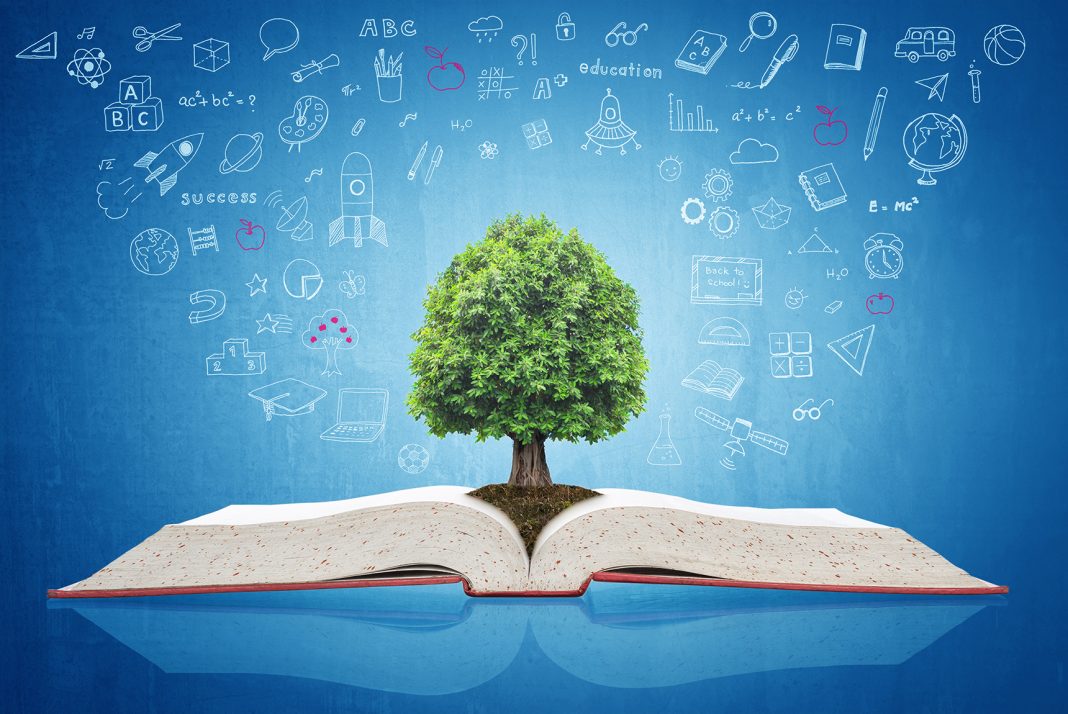In an era where climate change is the defining challenge of our time, integrating climate literacy into education is no longer a luxury but a necessity. The global climate crisis impacts every aspect of life—from the economy to public health—and future generations need to be equipped with the knowledge and skills to navigate and mitigate its effects.
Why Climate Literacy Matters
- Empowering Future Leaders: By teaching young people about climate science, renewable energy, and sustainable practices, we empower them to lead the fight against climate change.
- Critical Thinking Skills: Climate literacy fosters critical thinking, enabling students to analyze data, question narratives, and make informed decisions.
- Global Citizenship: Understanding climate change encourages students to think globally and act locally, nurturing a sense of responsibility for the planet.
The Role of Schools and Governments
Governments must prioritize climate education by incorporating it into school curriculums. Beyond the science, lessons should cover policy-making, environmental ethics, and the socio-economic impacts of climate change. Extracurricular programs like tree-planting drives and sustainability clubs can further engage students in hands-on learning.
Overcoming Challenges
Resistance from political and economic stakeholders is a significant barrier. Overcoming this requires collective advocacy from educators, scientists, and communities. Funding for teacher training and access to updated educational materials are also critical.
Educating the next generation is our best chance to build a sustainable future. By prioritizing climate literacy today, we can pave the way for a more informed, proactive, and resilient society.

